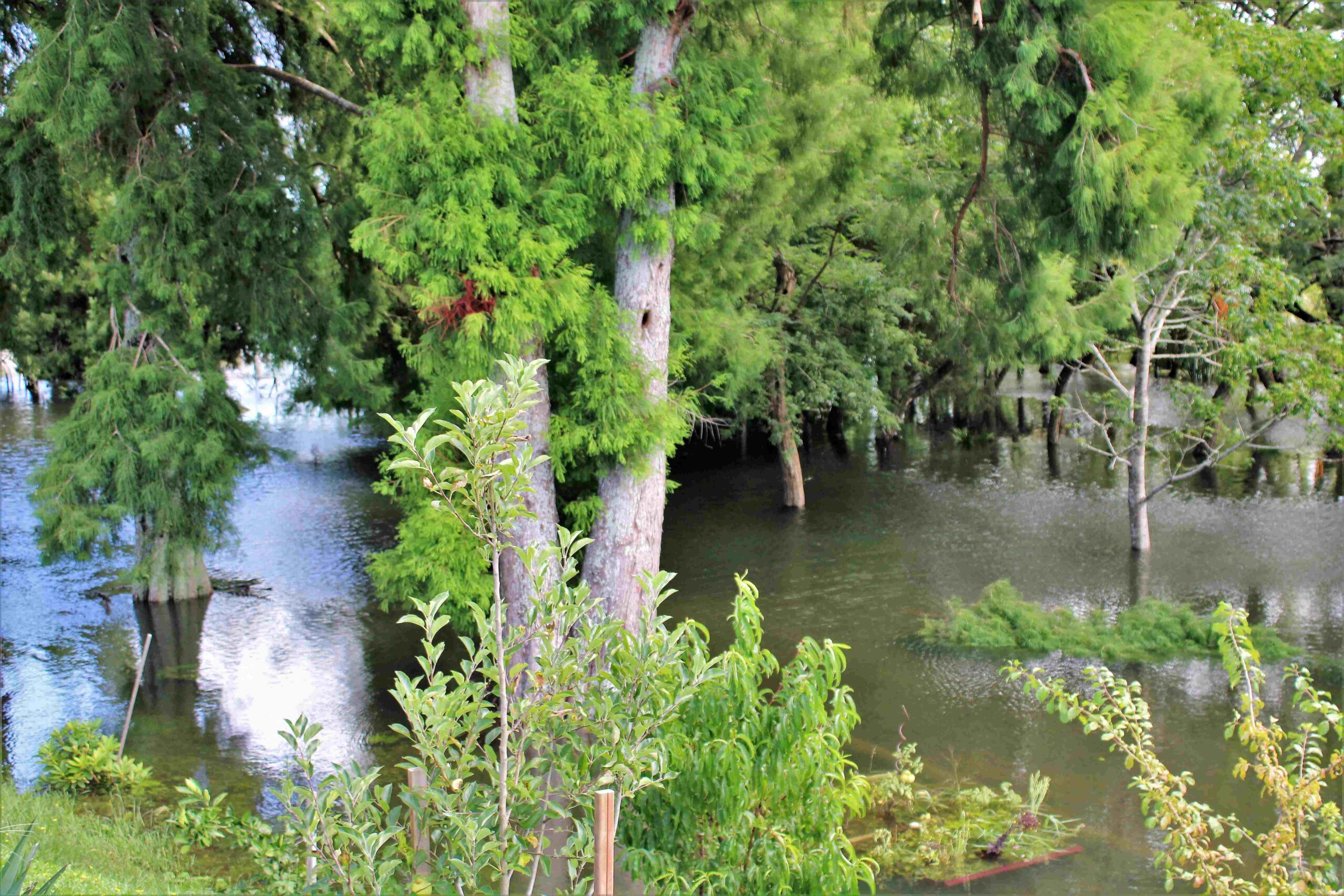Waikato Regional Council is seeking millions of dollars in funding from the government for a number of flood protection and climate resilience projects throughout the region.
At a March 30 meeting, a report outlined council’s intent to seek up to $43 million to cover 14 projects across the Waikato.
“[The report] is about supporting our existing work programme and projects that are already identified through our long-term planning process,” director of integrated catchment management Greg Ryan told the meeting.
“It is about making sure that additional funding is there to help offset those increasing costs that our community is facing.”

Included among the bid requests were $2.8 million for erosion and flood prone rivers, streams and stream mouths in Coromandel river catchments; $1.1 million for Pipiroa stopbank piping failure repairs; $580,000 for work on the Ngatea stopbank; $3 million for sediment trap digs in the Firth of Thames/Waihou River; $1.8 million for Thames Valley diversion channel planting and maintenance programme; and $540,000 for work on the pump station infrastructure at Mangatawhiri.
The projects were chosen based on the need to “urgent[ly] respond to the increased
frequency and magnitude of climate-change-influenced riverine flood events,” the report said.
“Council has been working with central government for a number of years to gain support for sustained government investment in the renewal of aging flood protection infrastructure, along with investment in new flood risk management initiatives that will help communities to be more resilient to the effects of climate change.”
The identified projects are already part of council’s current works programme, and as such they currently have funding allocated from rates. However, with the government’s call for “shovel-ready” climate resilience projects following Covid-19 in 2020, and the council’s previous success at gaining additional funding, the council has agreed to bid for government co-investment.
“We are being as active as we can in terms of highlighting that it’s not just the hard infrastructure, and particularly when it comes to our flood schemes,” Mr Ryan said.
“It is also about the damage that has been sustained to our catchments and the opportunity to remediate that in order to support a healthier and more sustainable catchment.”
In 2020, the council received funding of $18 million for projects aimed at managing flood risk and improving community resilience to climate change.
If the current bid is successful, the funds received will offset council funding requirements.
The outcome of this funding bid is expected to be known in May when the government makes its budget announcements. The council report states it expects recent flood events across the North Island will lift the profile of its application.
By ALICE PARMINTER, Public Interest Journalism funded by NZ on Air





